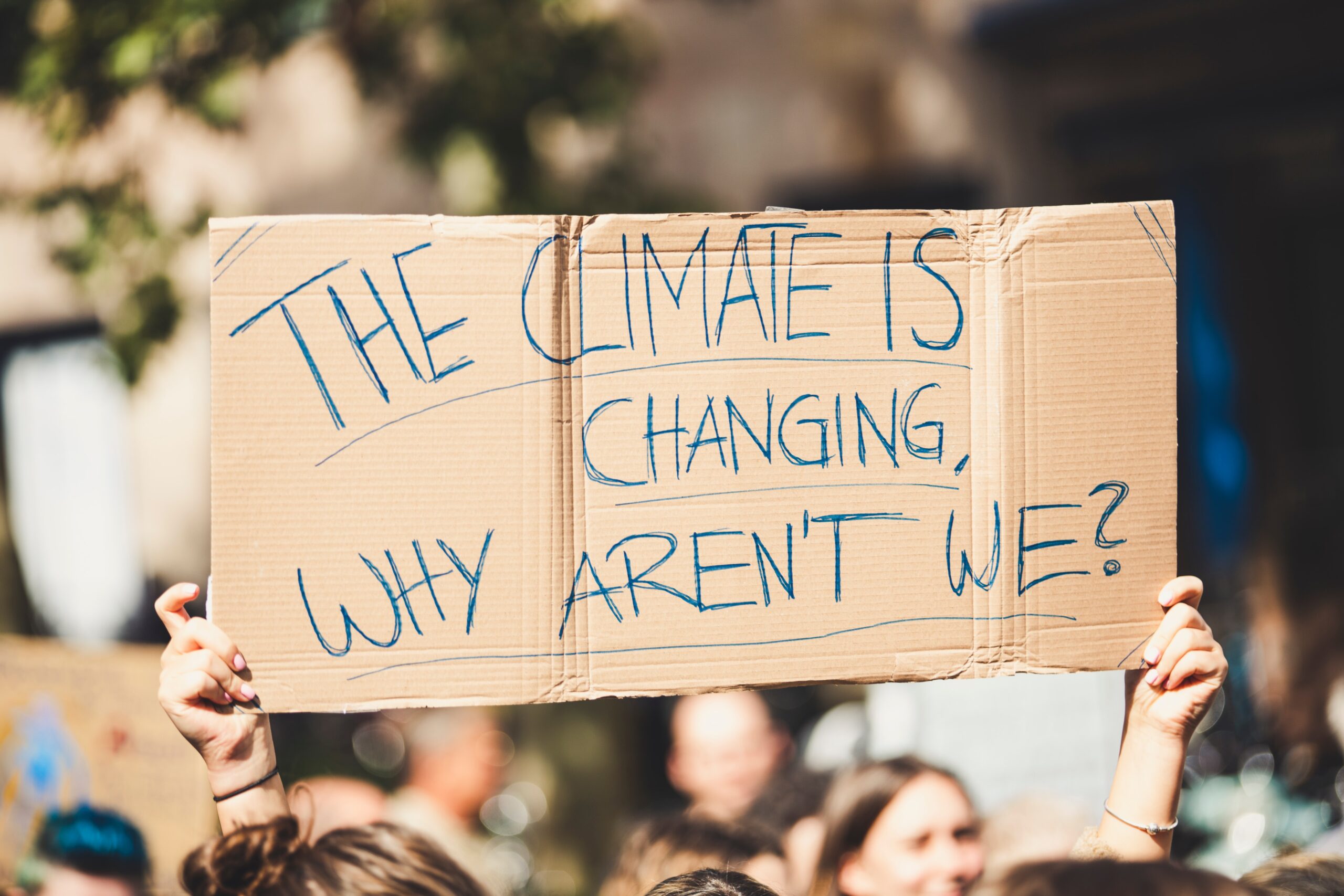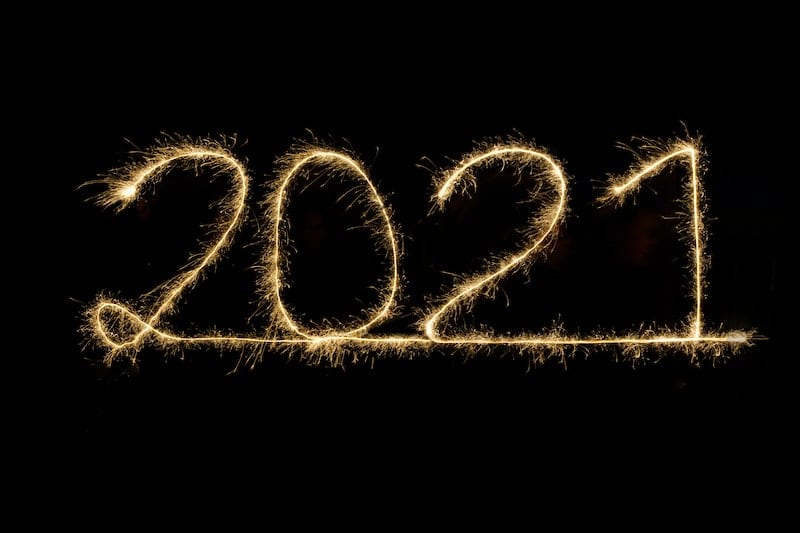This year we have suffered collectively and individually in unprecedented ways. In various ways, we have risen to hold one another up. Out of this grief and suffering, what can we cling to?
Stephen Smith and Amy Vaden | December 31, 2020 | Climate Change, Elections, Energy PolicyTo reflect on the past year is a chore – but one worthy of some serious time dedication: over the past 10 months COVID has rocked our reality, upended our economy, and altered our way of life; ongoing social unrest requires us to authentically engage in the work we still have in front of us as we strive for equity; and all the while the climate crisis is mounting, threatening our communities today and into the future. We have suffered collectively and individually in unprecedented ways. Hundreds of thousands of lives have been lost in the U.S. alone, and millions more have suffered sickness or lost loved ones. Millions are suffering economically due to job loss or inability to work due to sickness, vulnerability, or because of the childcare demands in a world with unreliable (at best) school systems.
In many ways we have also risen to confront challenges and hold one another up in ways we may not have thought likely in the past. There was a tangible shift this year that allowed justice and equity to resonate more deeply within populations that have previously been largely impenetrable for these topics. The needle has moved further in the favor of understanding of some of the deep equity and justice issues that have gone on too long in this country.
The pandemic has been catastrophic in so many ways; in some ways, it has also been somewhat cathartic, for individuals and for our society: by throwing us collectively off balance, it has given us the opportunity to slow down and recognize that some of the aspects of our lifestyles we thought were necessary perhaps are not; and to see how deeply many of our most challenging issues penetrate in our social structure. In order to truly address the challenges of our time – health, equity, climate – we need this type of deep understanding and recognition of our own vulnerability. This awareness makes us keenly capable of looking at our societal choices with new perspective.
As we begin to come up for air, we have the opportunity to ask ourselves: What is the world we want to live in going forward? What are the things we could have done differently or better that would have offset the extent of the hardships? What are the habits or behaviors that maybe weren’t unacceptable before and we realize now are workable and safer? What do we mean when we say we want to ‘build back better’? How can we restructure our systems to better serve us and create a better system for future generations?
We are at a turning point, one where we have the rare opportunity to re-evaluate our course forward as we process and assimilate our collective experiences and forge ahead in a way that reconciles different world views.
Out of this grief and suffering, what can we cling to? In what ways can we strive to create something better out of the ashes? Perhaps we can retain behavior modifications we have enacted to live in a COVID world that could potentially help curb carbon emissions at the societal level. Perhaps we will see post-pandemic behaviors that are actually smarter, safer, and healthier, both for our public health and our environmental health.
Thanks to the results of this year’s historic election, which removed one of the presidents most hostile to environmental protections we have ever seen, we now have high hopes that we will see sound science fully embraced by our federal leadership to help us combat these threats and better prepare us for a resilient future. The past four years are unprecedented in the overtly intentional way the Administration tried to tear down environmental protections and reverse progress on social equity issues. This devastating force on the advancement on progressive issues is over; and we look forward to a more rational, reasonable approach.
It is important to remember, though, that everything we are working for at the policy level will happen within the context of the fight for social justice and the dual global scientific/biological threats: COVID and climate change.
Likewise, it will all happen within the context of a very polarized US, which is home to many science deniers continuing to cling to alternative facts. Our society is still full of people who resist science, and unfortunately, many of them continue to find their way into powerful or influential positions. Yet despite their best, most highly funded, most politically backed efforts to conceptualize away the virus or to argue away the climate crisis, these are scientific and biological forces that follow scientific principles and rules, rules that are not easily bent by the will of a subset of humans who think they can wish them away. No one –not even the most powerful political leader or the most wealthy self-interest– can wish away science.
The same basic, indisputable scientific principles that serve as a biological foundation surrounding the virus also apply to the physics and biology of our global climate.

Our society faces immense challenges today, both self-created and self-exacerbated, and also stemming from systems beyond our control. Humans have become a force of nature, a global influence that is disrupting the very systems we have relied upon throughout geologic history. It is our sincere hope that we will use our species’ position of privilege to our collective advantage. If we move forward with newfound forethought and clarity, and with new leadership that recognizes and values science, we can work to truly RECOVER from the tribulations of the past year. The ultimate results could very well be improved public health, more resilient economic systems, better infrastructure that can help combat the climate crisis, AND a more equitable society at large. So much work remains to get us there – but what we do at the starting line is critical. We must start out heading in the right direction from here, and work to build the necessary momentum.
With the ongoing partnership of our supporters and members, SACE will build on our successes advancing solar for our region; work to move the needle to make energy efficiency more widely available to relieve disproportionate energy burdens, and protect customers from rate increases or shutoffs as we begin to rebound from the COVID crisis; accelerate transportation electrification to reduce emissions and help clean our air and water.

Thank you for being a part of what keeps us ticking. As we mark the end of 2020 and move into a new year, we wish all our readers a safe, healthy, and happy holiday season and we welcome the New Year!